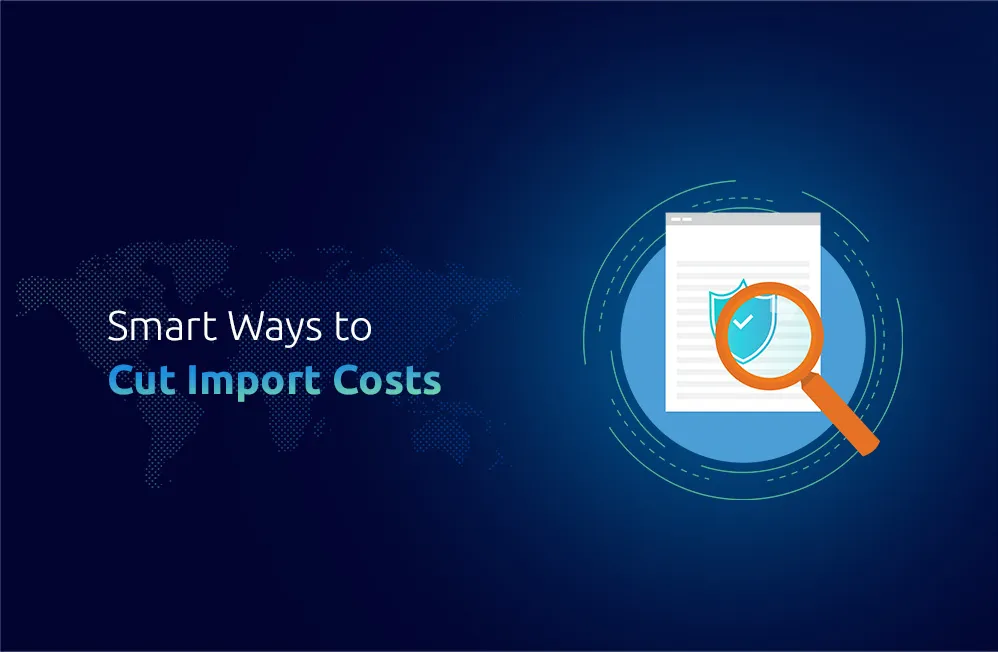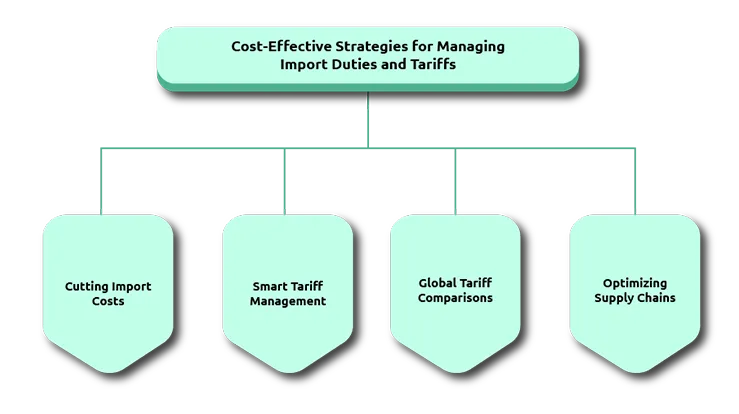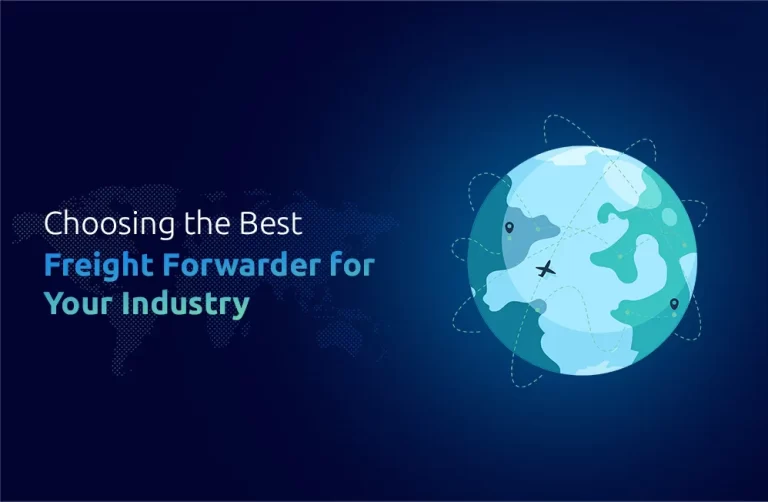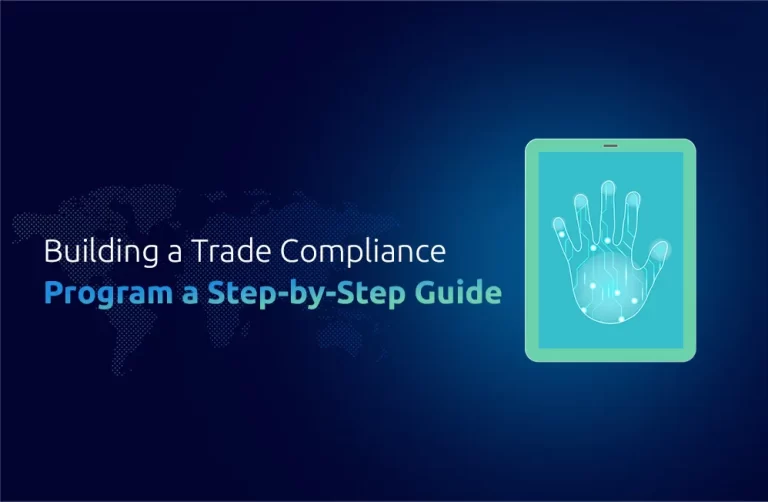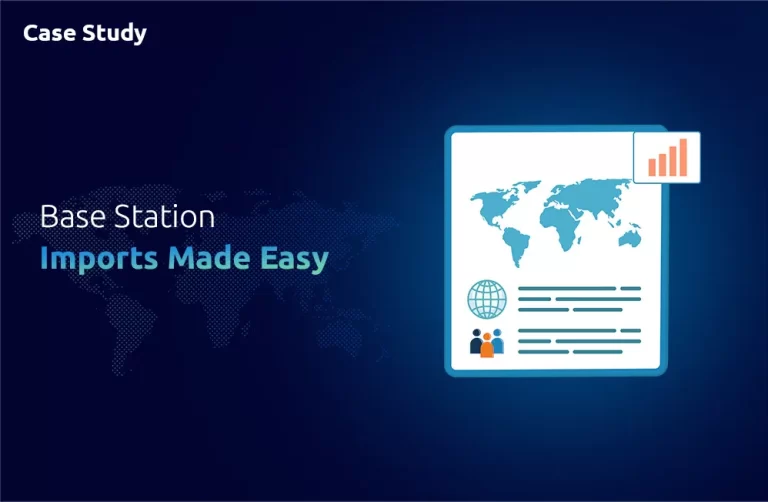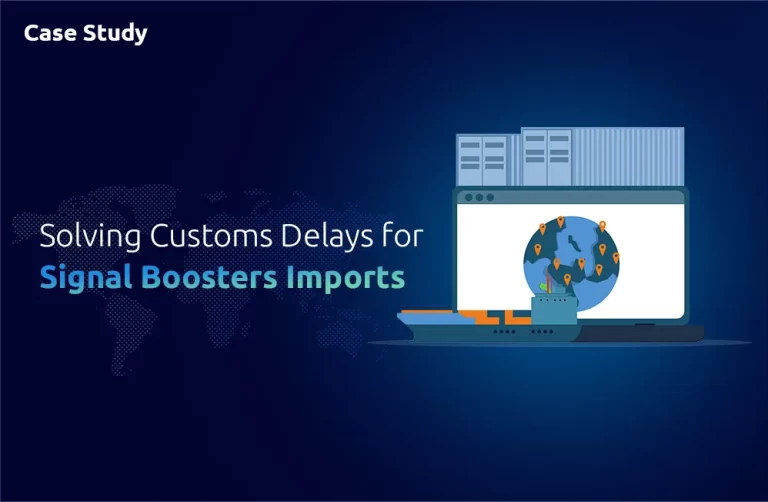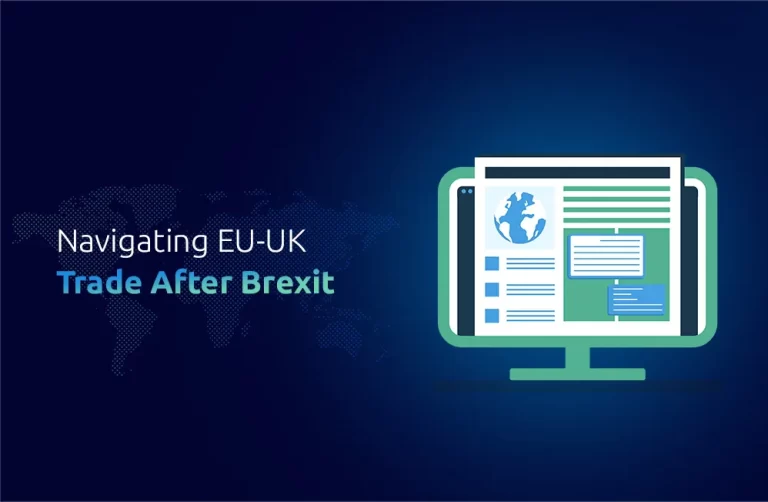Insight
Dealing with tariffs & import duties is necessary in international trade. It affects the total expenses for businesses in cross-border trade. These government charges are meant to help local industries and raise money. Still, import-dependent companies can face great challenges with these export costs. We will cover how businesses can cut costs while still following all duties related to import duties and tariffs.
Understanding the idea of import duties & tariffs
Understanding what import duties and tariffs are necessary before considering cost management strategies. When goods are taken into a country, import duties are the taxes imposed. Usually, when you calculate taxes, you use the customs value as a percentage that covers the goods’ price, the cost of transporting them, and insurance fees. On the other hand, tariffs broadly include duties and other types of fees on imports.
Businesses can face serious consequences because of import duties & tariffs. Such costs can push up both the costs and the production costs of imported goods, complicating efforts to match or beat the competition in pricing. Therefore, businesses have to use specific strategies to control these expenses.
Cost-Effective Strategies for Managing Import Duties and Tariffs
Optimizing Product Classification
One initial step for businesses is ensuring their goods fall under the correct category in the HTS. All around the world, HTS is used to classify goods, and each classification has its own duty rate. Careful studying of goods and their classes helps businesses avoid paying too many duties because of confusion in categorisation. The right specialist or customs broker can help you properly identify your goods, reducing unnecessary expenses.
Free Trade Agreements (FTAs)
Many nations enter free trade deals that permit them to trade items without or with fewer import taxes. FTAs allow businesses to cut or avoid paying import duties for certain goods. It’s better to watch all relevant FTAs and verify that imported goods are eligible for their perks.
Duty Drawback Programs
Under duty drawback programs, companies can be paid back for the duties they previously paid when they export or destroy the goods. Companies that bring in goods to resell as exports may reclaim the duties they’ve paid on them, saving money in the process. It is particularly helpful for companies in the aviation or automobile sectors, which frequently import goods from outside and re-export them. Familiarizing yourself with duty drawback programs in your nation allows companies to reclaim some of their expenses.
Consolidating Shipments
Shipping costs can be another significant aspect of import expenses. Consolidating shipments by combining multiple orders into one larger shipment can reduce the total freight costs and spread out the duties across more goods. This strategy can be particularly effective for smaller businesses or those importing a variety of goods. Using freight forwarders & customs brokers can help businesses make better shipping plans and combine numerous shipments to cut costs.
Foreign Trade Zones (FTZs)
Goods can be brought into a Foreign Trade Zone, kept there and processed, without paying the usual import taxes. Businesses in such zones can save significant money by paying duties only when the goods enter national territory. Businesses sometimes get lower duties if they handle the products within an FTZ and ship them overseas. While understanding the rules of FTZs is important, companies using them can enjoy significant savings.
Customs Valuation Strategies
Valuing imported goods helps decide the size of import duties and tariffs a business will be responsible for. According to customs rules, companies must share the cost of goods, shipping, and insurance in their declarations for imported goods. However, businesses can explore proper methods for reducing the overall cost of imports by including warranty or service costs in the price of goods. A customs expert can guide you to correctly value and decrease duties.
Duty Suspension Programs
In a few countries, companies can apply for programs that temporarily remove import duties on certain goods. The programs come into play for researching and developing goods and essential products made in other countries. Knowing the conditions to qualify for duty suspension in your country lets businesses import important equipment at a lower expense.
Conclusion
Businesses must manage import duties and tariffs properly if they want to remain competitive and earn good profits overseas. Applying ways such as refining product organisation, capitalising on FTAs taking advantage of duty drawback, organising shipments, and relying on Foreign Trade Zones allows companies to reduce their tax exposure from import duties and tariffs. We at One Union Solutions help businesses save money by working out the best solutions for handling these costs in different industries and following the necessary rules.
Did you know that,
WTO data shows that a 10% reduction in import duties resulted in a 1.2% GDP increase for those countries. Businesses in IT & aviation saw their costs decrease by up to 15% by using free trade agreements and suspension of duties.
FAQs
What sets import duties apart from tariffs?
Duties on imports are taxes added to goods as they enter a country. At the same time, tariffs are additional trade rules involving taxes and various restrictions.
How should I guarantee that my goods are placed in the correct import duty category?
Having a customs broker or trade specialist assist you means your goods are assigned the right tariff code, saving you from paying extra duties.
Do any programs offer ways to recover import duties?
Businesses can use duty drawback programs to retrieve duties previously paid on products that are either exported or destroyed.
What is the aim of a Foreign Trade Zone (FTZ), and how does it help lessen the cost of import duties?
A Foreign Trade Zone is created so imports can come in without duties, and businesses can manage or process their goods until they reach the domestic market.
Is it possible to pay lower import duties if I change the approach to valuing my goods?
There are ways to arrange your business transactions to declare a lower value for your imports. Still, it’s important to get advice from a customs expert first.

